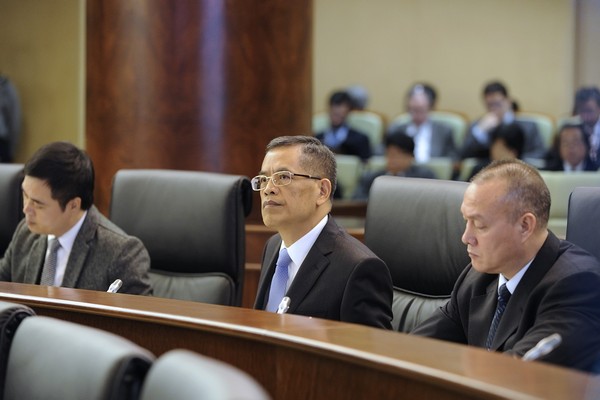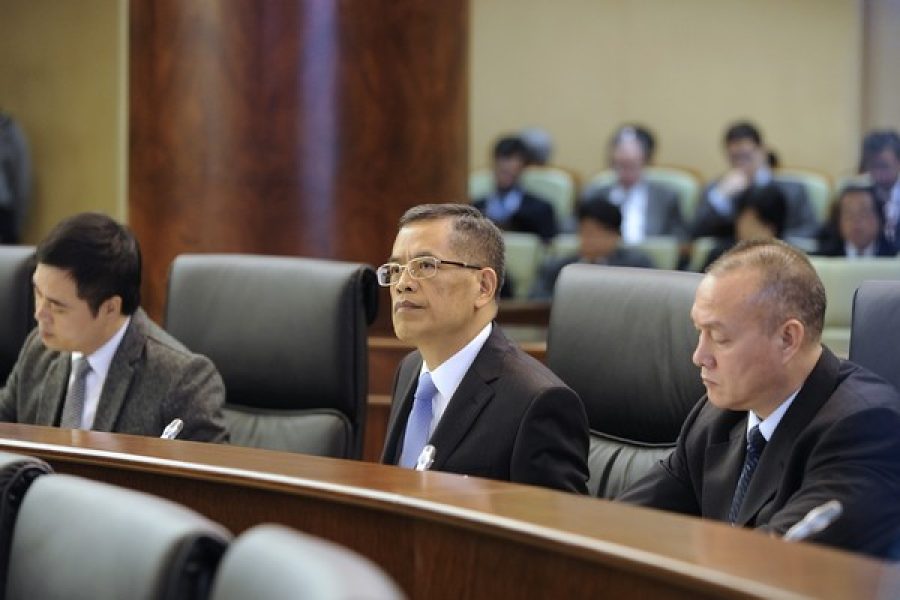Judiciary Police (PJ) Director Wong Sio Chak said Thursday that the city’s rising numbers of phone scams was of great concern.
He also said that the three main forms of telephone scams were “guess who!”, “extortion” and “naked-chat”, adding that it was difficult to combat these crimes despite collaboration with foreign law enforcement counterparts, particularly in crimes involving the Internet.
According to The Macau Post Daily, Wong made the remarks during yesterday’s Q&A session in the legislature’s hemicycle about the 2014 policy guidelines for the portfolio of Secretary for Security Cheong Kuoc Va.
Cheong’s portfolio includes the Judiciary Police, Public Security Police (PSP), Fire Service (CB), Macau Prison (EPM), Public Security Forces Affairs Bureau, and Macau Public Security Forces Academy (ESFSM).
Responding to several lawmakers’ concerns about telephone scams, Wong said that PJ officers were not sitting on their hands when investigating these types of crimes.
Wong said that the number of phone scams continues to be on the rise.
He pointed out that there are three main forms of phone scams – “guess who!”, “extortion” and “naked-chat”.
According to police, in the “guess who!” scam the victims receive a call in which someone asks them to guess who they are. After the victim gives a name of a friend or relative the criminal pretends to be that person. After calling a few more times the culprits tell the victim that they need to borrow money because of an emergency situation.
Another form of blackmail by phone are calls from criminals wrongly claiming that they have kidnapped the victim’s children or other family members.
According to Wong, 14 “guess who!” telephone scams were reported in the first 10 months of 2011; in the same period of last year there were 12 cases, while 69 were reported to police in the first 10 months of this year.
Wong also said that 143 phone extortion cases were reported in the first 10 months of this year, while less than 10 similar cases were reported last year.
He pointed out that nude-chat scams on smartphones or the Internet had increased as well.
“It [telephone scams] is a matter of concern… every day there are new types of telephone scams which are usually operated around the world using high-tech,” Wong said, adding that some telephone scams such as smartphone or Internet naked-chat cases were operated abroad so that it was difficult for local police to obtain assistance from their counterparts overseas, especially in European countries or the US due to human rights concerns there.
Responding to lawmakers’ calls for further measures to fight cyber crimes such as slander, Wong said that the rising number of cyber crimes such as Internet scams and online defamation was a very worrying development.
He added that the Judiciary Police has set up a 24-hour inspection team
responsible for monitoring the Internet to collect anything that could be construed as a crime.(macaunews)






